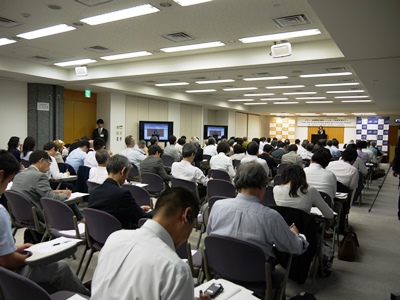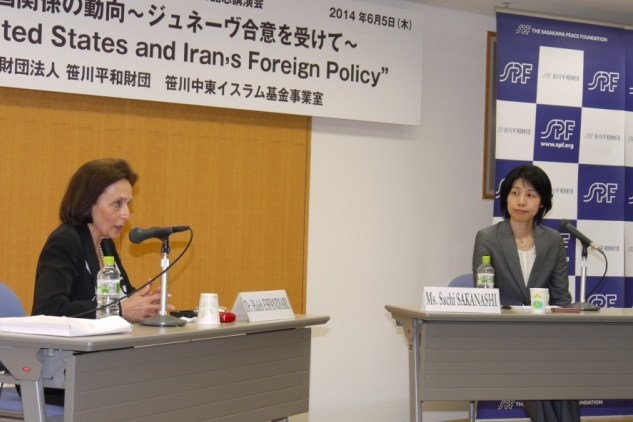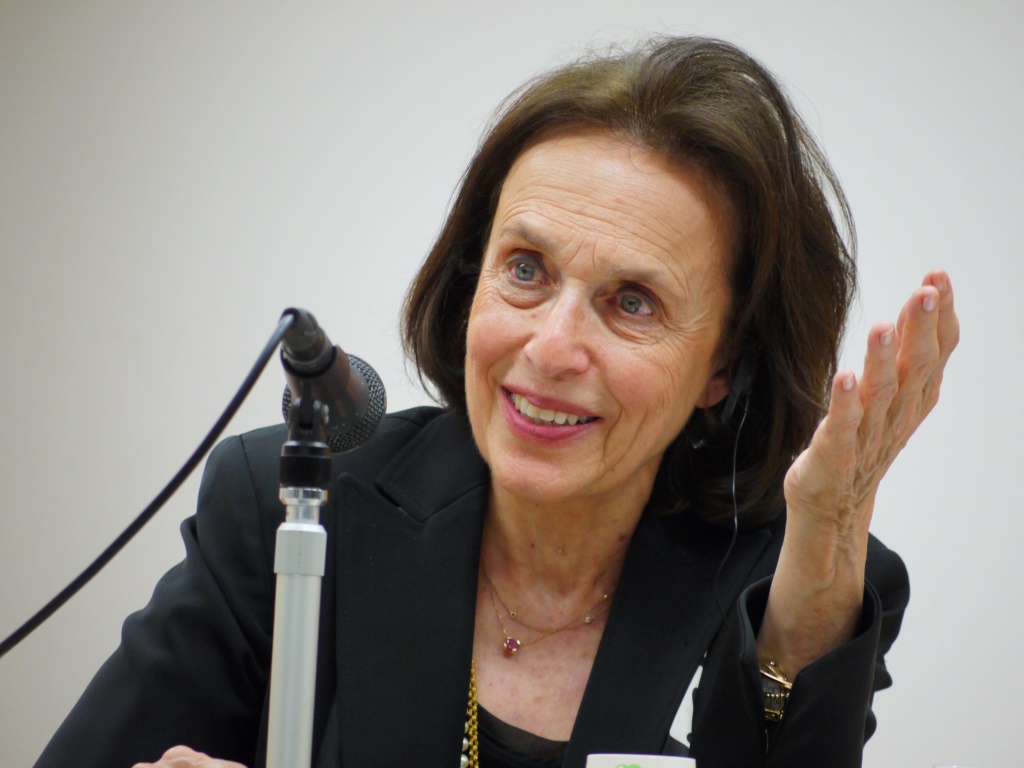Summary of the Lecture of Dr. Haleh ESFANDIARI, Director of the Middle East Program, the Woodrow Wilson International Center for Scholars
2014.06.10

At the lecture, Dr. Esfandiari discussed Iran's diplomatic policy and its relationship with the United States: "Iran is very aware of itself as a regional power that takes part in decisions to shape the region to which it belongs, in fields such as security and trade, and attempts to secure its role as a regional player. However, the U.S. is attempting to block Iran in this respect, and as such presents a major obstacle to the country. Therefore, Ayatollah Khamenei, the Supreme Leader of Iran, has resisted U.S. hegemony. Accordingly, even if moderates such as President Rouhani and Foreign Minister Zarif attempted to improve U.S.-Iran relations, it is most likely that Ayatollah Khamenei will remain the skeptic. On the other hand, any rapprochement with Iran will be difficult because of the memory of incidents such as the occupation of the U.S. Embassy (in 1979, following the Iranian Revolution; 52 diplomats, marines and their families were taken hostage) is still strong in the minds of American citizens, and it will be difficult to rapidly change public feeling about the country. It is structural, complex problems such as these that lie in the background of the discord between the two countries."
Dr. Esfandiari added that although intense negotiations on the nuclear issue will continue in the upcoming six-country talks, some positive results could be expected. However, for a peaceful resolution to be achieved, it would be absolutely necessary that all that was agreed to in the talks was adhered to in practice. In response to a question from the floor about progress in the gender problem, Dr. Esfandiari pointed out that currently Iran has three women Vice Presidents, and that there were three women mayors currently in power, and stated, "The emergence of women into Iranian society is precisely what will cause this society to change".

(From the left) Dr. Esfandiari and Ms. Sachi Sakanashi, the moderator of this event



